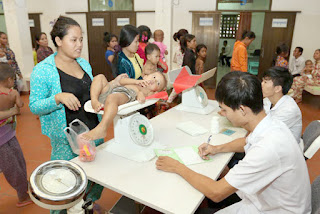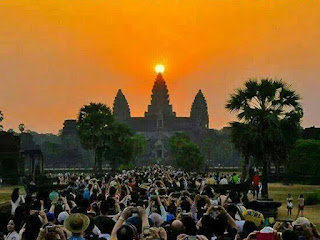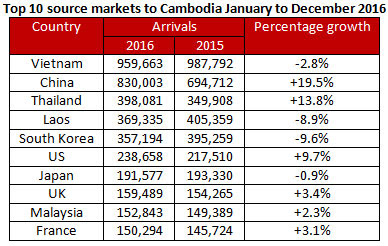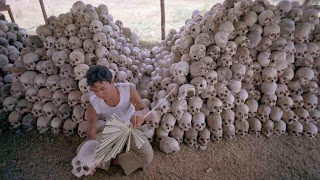During your travels, you will probably meet children at risk-perhaps begging at crossroads, selling postcards or fruit at tourist sites, or shining shoes in train stations. You want to help them, but you don't know how. You can really help and protect these children if you take the right actions. Follow these 6 Tips and travel Child safe!
1. THINK! Children are not tourist attractions. Let's not treat them like they are.
Children living or studying in schools, orphanages or slum shouldn't be exposed to tourist visits. These places are not zoos. Imagine a bus full of foreigners visiting schools in your home country. Would you find this acceptable?
2. Think! Volunteering with children feels good but could be harmful. Look for better ways to help them.
Working with children in institutions such as orphanages is a job for local experts not for travelers who are just passing through. Children deserve more than good intentions, they need experienced and skilled caretakers and teachers who know the local culture and language.
➦ Make sure your volunteering is a great experience and has the best impact possible. Do not work directly with children, instead, share your professional skills with local staff. You can also explore other ways to put your talents to use and find alternatives at www.thinkchildsafe.org
3. Think! Children pay a price for your generosity. Don't give to begging children.
When you give money, food or gifts to begging children or buy anything from them, you encourage them to continue begging. This prevents them from going to school and locks them into a cycle of poverty.
➥ There are better ways to support children and youth: use businesses with a social impact, such as training restaurants, and shops, or donate to organizations supporting children and their families.
4. Think! Professionals know best. Call them if a child needs help.
Helping children directly can cause problems because you don't know the local culture and laws. For instance, never take a child back to your hotel room. It's dangerous for both you and the child. When you see a child in need, the best thing to do is to contact local professionals or local authorities.
5. Think! Sex with children is a crime. Report child sex tourism.
Sex tourism involving children is a devastating reality It happens in hotels, in bars, etc. You may even be approached and offered sex with children. When you see such a situation, don't put yourself at risk. Call a local organization or the police, so immediate action can be taken to protect the child and investigate the situation.
 |
Children should be at school
|
6. Think! Children should not be at work instead of school. Report child labor.
Some children sell goods at tourist sites or offer their services as guides. Others are hired in tourism businesses like hotels or restaurants, and this is a problem when it hurts their education.
➥ Do not buy goods from children or use services offered by them. If you think that a business employs underage children, contact a local organization or the police. They will check the child's situation as many children are just helping out their parents after school, but some may be exploited.









